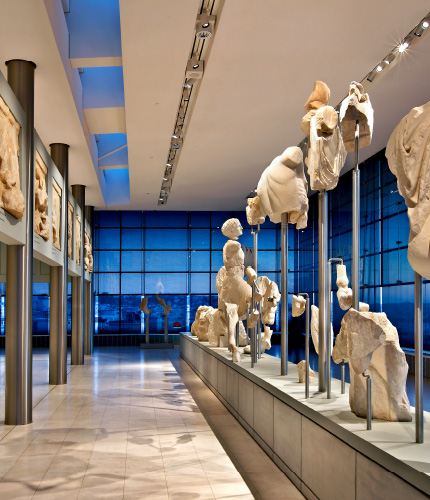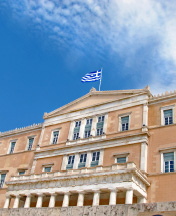Athens, one of the most ancient cities of Greece, was named after the goddess Athena. The city, founded before 1600 B.C., was the cultural and artistic center of Greece, the birthplace of philosophy, art, literature, theater and science. It was made capital city of Greece on September 18, 1843, taking the reins from the city of Nafplio. During the Mycenaean era, Athens witnessed a great cultural development through the appearance of men of letters, artists, scientists, philosophers, orators and poets, who contributed to the growth of the city. Afterwards, through the Persian Wars, and as a result of its victories against the Persian armies, Athens gained significant territories and status, inaugurating the Golden Age of Pericles, the leading figure of Athens during that period. The Peloponnesian War that followed, and much later on, the Turkish Rule, led to the decline of Athens. The two World Wars also had a great toll on the city. Nevertheless, Athens managed to recover and reestablish its historical direction. Since 1981, when Greece joined the European Union, Athens has been constantly evolving into a contemporary European capital city.
















